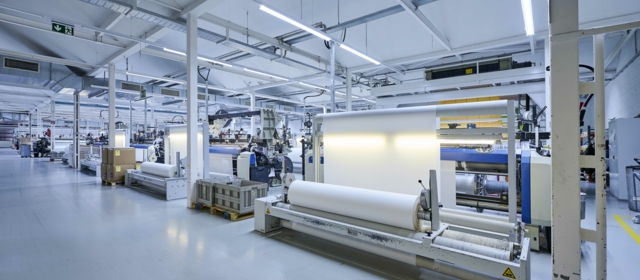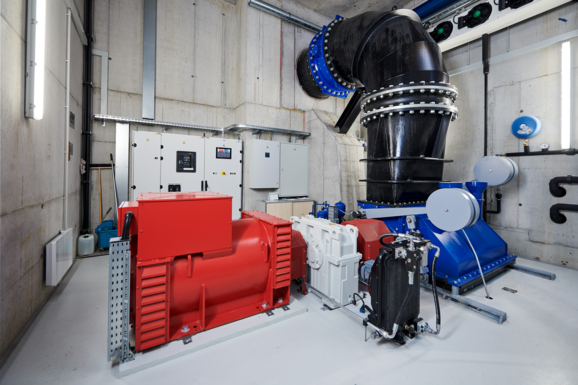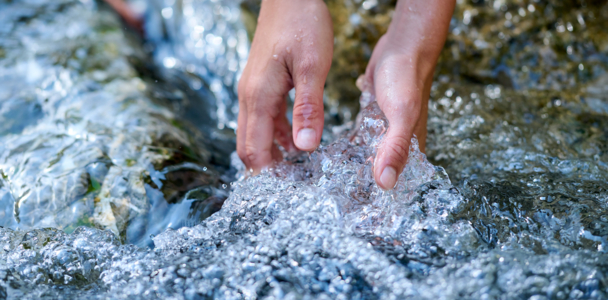Compressed air is largely used for air-jet weaving machines. Through targeted measures, the electricity consumption of the compressed air system was reduced by a fifth. As a result, about 1.2 GWh of energy can be saved annually: Where previously the two compressed air stations, the heating house and the weaving mill, fed jointly into the compressed air network, the separation of the stations allowed the pressure level for the weaving mill to be lowered to the necessary level. Thus, the energy demand for the compressed air compressors could be greatly reduced and the energy consumption of the weaving mill optimised. The new compressors are equipped with heat recovery and convert the supplied drive energy into thermal energy. Up to 72 % of this energy can be recovered for heating purposes and fed into the district heating network. The project was awarded the klimaaktiv prize by the Federal Ministry for Climate Protection.







